Confessions of a Codependent
For most of my life I’ve been blind to my codependent nature. Starting at 14, I formed friendships and romantic relationships to replace the love that I didn’t feel existed in my family or, more importantly, inside me. I wanted to fill the time, the loneliness, and the silence. I wanted to never be alone. Alone meant that I wasn’t good enough. Alone meant that I wasn’t loved.
Codependence is not the same as Interdependence. We are all interdependent. In an interdependent relationship, both parties are responsible to each other and lean on the other equally. It's normal and healthy human behavior.
But, put simply, codependence as a coping mechanism straight up sucked.
It perpetuated a vicious cycle that made my feelings of lack into a belief system about who I was as a person.
It intensified my feelings. The highs of being with someone where higher and the lows were much lower. When I feared someone was slipping away, I would emotionally cheat and find someone to meet my insatiable needs. While none of this was conscious, I was always aware that I couldn’t be alone. It meant I would have to confront myself. I was terrified of what I thought I’d find. Don’t get me wrong, I was always a generally happy person. But knowing my happiness was never my own tore me apart. It felt like an itchy sweater I couldn’t take off.
I’ve cheated myself out of growth, opportunity, and happiness by constantly putting my power in other people. Now that I’m more aware of this, I’ve learned a few tools that have helped me to restore my sense of self. Before you close the tab thinking this doesn’t apply to you, ask yourself if you’ve ever exhibited any of the following in your relationships:
- Low self-esteem
- People-pleasing
- Poor boundaries
- Overly reactive
- Caretaking
- Control
- Poor communication skills
- Obsessive thought patterns
- Problems with intimacy
- Feelings of depression, hopelessness, or anxiety
Chances are you’ve been there. And chances are, I’m right :)
So here are the best tools I’ve learned to help cope with this:
1. Out it. Get real with yourself and look at your go-to ways of coping. Do you reach for the phone before you go inward? Do you try to avoid feeling the pain rather than sitting with it and confronting it? Recognizing that this is a behavior that isn't serving you will create space to allow for a new way of thinking.
2. Shift it. Recognize that this comes from a false belief you have about yourself. Curious to learn more about this and how to shift that perception? Click here.
3. Check it. Remind yourself that the Truth is that you already have everything you need. Knowing that the answer doesn't, your safety, or your happiness isn't in someone else makes this tip a lot easier: Check yourself! When I have the urge to call/text someone, I ask myself why I actually want to talk to that person. Is there a better way I can meet that need myself?
4. Do it. Changing a lifetime of a learned coping mechanism and its accompanying behaviors doesn’t happen overnight. It’s about replacing those behaviors with a healthier relationship with yourself. And, at the risk of being redundant, that starts with daily meditation, moment-to-moment check-ins with yourself (not Facebook), and the 5 Pillars. It takes going inward to go outward.
The Takeaway:
Overcoming codependency is a healing process that enables you to be our authentic self.
So what does “healing” from this mean?
Healing is about opening our hearts, not closing them. It’s about softening the places within us that don’t let love in. it’s about spending less time in the past and more time in the present. The purpose of healing is not to be happy forever, that’s simply impossible. Instead, it is to be awake. It’s to live while you’re alive instead of dying. It’s about being broken and whole at the same time and knowing you’re worthy exactly as you are.



